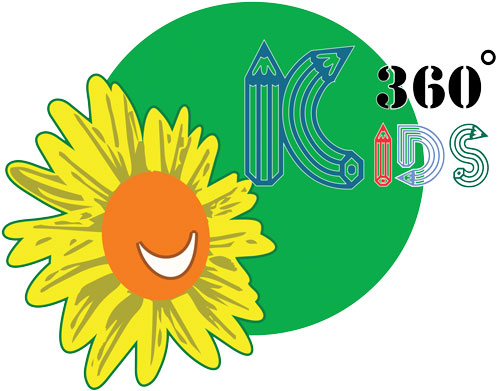Using Children’s Prior Knowledge and Experience
Before coming to play school, children have already had a wide range of lived experiences with spoken, written, and visual communication, and have used language in familiar contexts. They have also developed ways of using language that are specific to their cultural and linguistic contexts. By building on the language development & the understandings that children bring to school, our teachers provide children with the learning experiences they need, as well as support and guidance in their learning. By encouraging children to develop competence in language use, teachers help children learn about the role and power of language in their own lives and in their own and other cultures.
Teachers plan programs that allow children to explore language and to communicate their thinking and learning in meaningful ways to both the teacher and their peers.
Teachers make decisions about the use of materials and the focus of their teaching that are based both on the learning expectations and on their observations of the children’s needs, and they create an environment that supports language learning and literacy in many ways.
They continually help children to clarify what they already know, and they organize learning experiences and provide support to enable children to build on previous knowledge in small steps and gradually gain independence.
Building on Oral Language
Using the Expectations
The curriculum expectations for language are arranged under the following subheadings: Oral Communication, Reading, Writing, and Understanding of Media Materials.
They are, of course, aspects of an integrated learning process, and are applicable in all areas of learning. For example, a child engaged in a planting/growing activity at the science centre might be: developing the ability to listen to, follow, and retell simple instructions (oral communication); listening for a specific purpose in a “read-aloud” about caring for plants (reading); recording observations of the plant’s growth over time, using pictures and/or words (writing); and viewing and discussing a DVD or video about protecting plants in the environment (media literacy).
The expectations are best addressed in ways that are meaningful and relevant for young children and that build on their prior knowledge and experience. In such activities, children can be encouraged to think critically – for example, to look at things from a different point of view or to connect what they are learning to an experience they have had or to information in another text they know. They can also be encouraged to think creatively – for example, to use what they already know in a different context, to respond through drawing or painting or through movement, or to explore a new idea.
Using Assessment in Planning Instruction
In order to support children’s individual progress, teachers plan a variety of learning experiences, including intentional instruction. On the basis of information gathered from ongoing assessment, teachers make decisions about the kinds of support, instruction, and materials they need to provide. Children will be involved in small-group, whole-class, and individual learning experiences that address their needs and interests and that are within the range of things they can do with and without guidance (in their zone of proximal development).
The length of time and the purpose of these groupings will vary, depending on the length of time that the children have been in school, the age and needs of the children, and the focus of instruction. Children develop knowledge and skills in the various areas of language learning at different rates and in different ways. As teachers plan activities to meet children’s individual needs, they may ask such questions as the following: What can this child do? What does this child know? What does this child need to learn next and what will support his or her learning in order to meet the overall expectations?
OVERALL EXPECTATIONS
By the end of Kindergarten, children will:
1.Communicate by talking and by listening and speaking to others for a variety of purposes and in a variety of contexts.
2.Demonstrate understanding and critical awareness of a variety of written materials that are read by and with the teacher.
3.Use reading strategies that are appropriate for beginning readers in order to make sense of a variety of written materials.
4.Communicate in writing, using strategies that are appropriate for beginners.
5.Demonstrate a beginning understanding and critical awareness of media texts.

